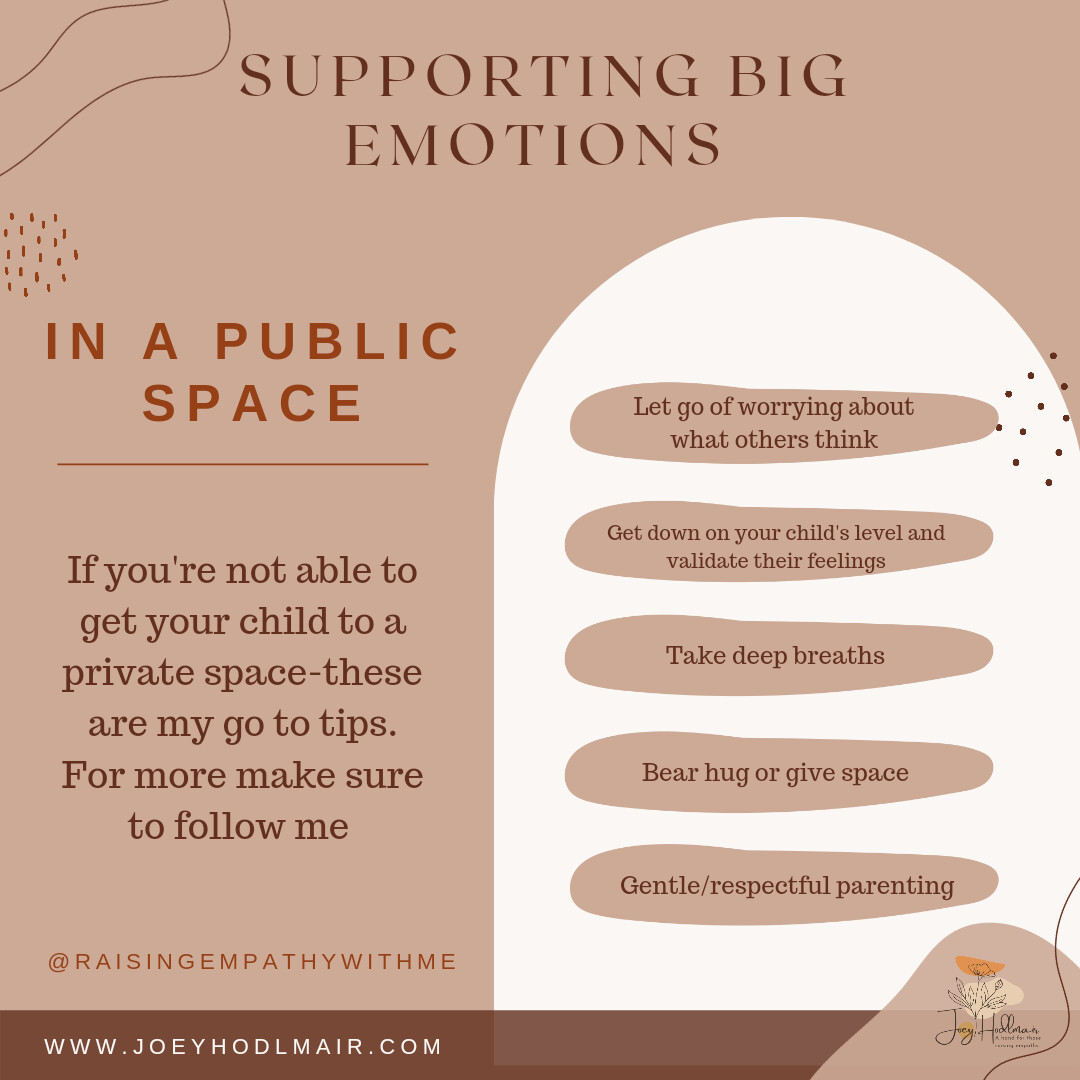
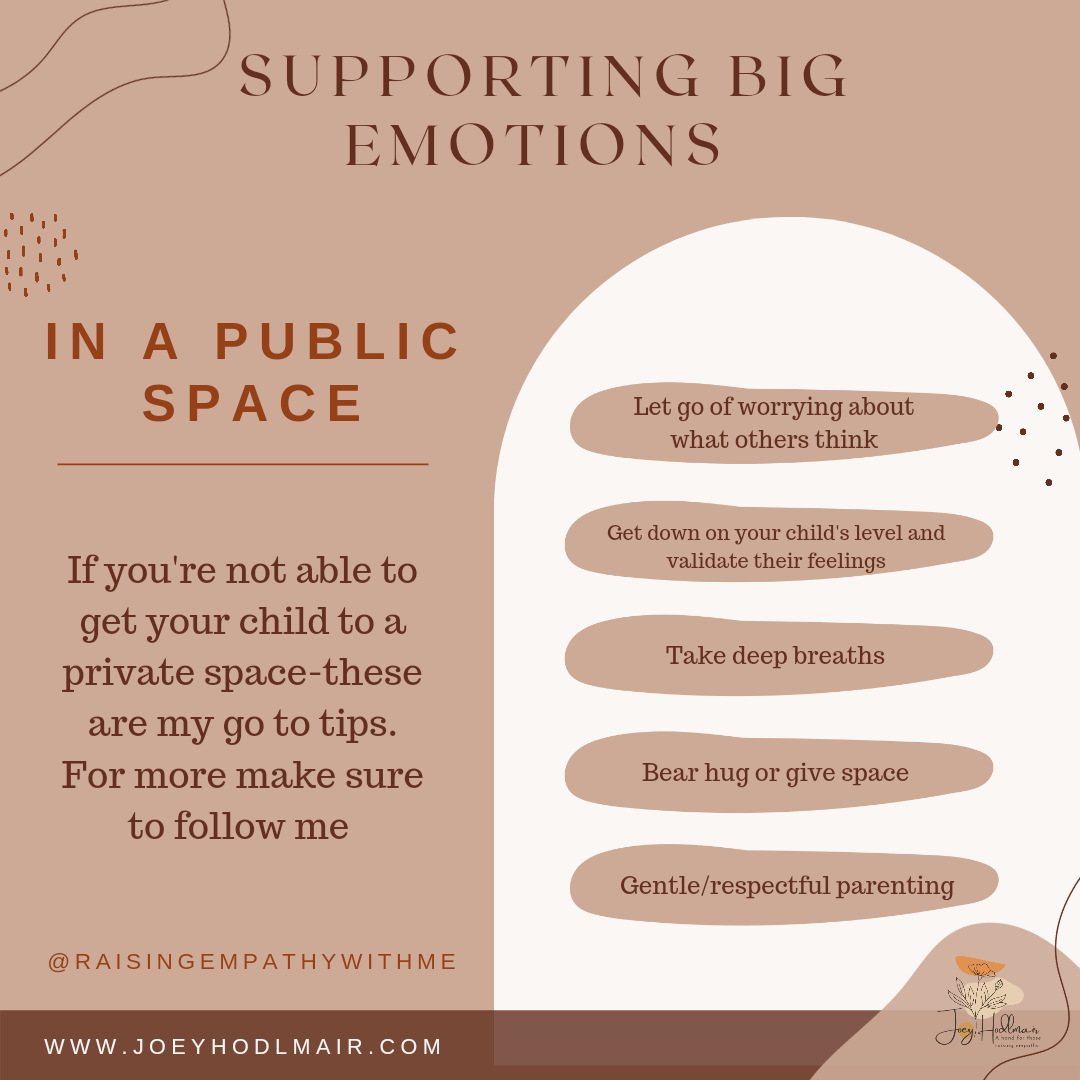
Big emotions in public
The other day we visited a place called Moody Gardens. It was incredible and we loved it so much we decided to stay for the lights. At the end of the walk, we stopped to listen to the Christmas Story that had surprise lights to go with it. Unfortunately at the end of the story~they threw in how Jesus was to be killed...there is more, but I digress. Yes, I know this is biblical, but was this the time or place for this message?
You know if I wasn't raising an empath, I may not have thought twice about this, no other child reacted and the parents didn't seem bothered either...my daughter was traumatized. I know, sounds a bit over the top, but when you're raising an empath, you'll understand that this was 100 percent traumatic.
These words immediately led to trembling and tears. Questions of safety. Things like would someone try to kill me and so much more. I am sharing because I will always be the voice for the empathic child.
But will our children always react right away? Not necessarily. Sometimes the emotions are expressed at a later time.
Some examples
1. Doesn't want to go to sleep alone
2. New fears
3. Agitated
4. Extra tired or irritable/acting out
5. Belly ache or other expressing pain in other areas
Sometimes you have to connect the dots.
So what do we do when big emotions happen in public? How do we show up for our children?
Before I share, I'll explain the public thing. I think this is true for all children but especially true for empaths. Children feel other's eyes on them. Our empaths don't want to stand out, they already know they are different. Every piece of an empath prefers to process their emotions in a safe space without the judgement of others.
When you're in public and your child is struggling the first thing I suggest doing-
1. Forget about everyone else. Do not worry about how loud your child is. Do not worry about the judgement from the outside world. Focus on your child and you will be able to remain calm, which will support your child's calm. It's not easy to do at times because our mind goes to thinking about others, but getting this down is key! It usually leads to your child being able to calm quicker as well because your worry energy isn't transferring to them.
2. Stop what you're doing and get down on your child's level. You can validate their feelings by saying, "I understand that you feel _______ . How can I help you? You can then follow with, I would feel this way to if ______.
With that said, your child may not want to work through anything. They made just need you to hold them. It's important to respect their need to take time. On the same note-empaths tend to store emotions, so check in and help your child work through their thoughts when the time is right.
3. Deep breaths. Model how you are breathing by exaggerating your breaths and body movements. Most likely, without knowing it, your child will follow suit. More often than not while taking deep breaths I'll rub my arm or my ear. My daughter always follows me without realizing. This supports the calming process, so that we can move forward. If she doesn't follow, I'll often walk through tapping into our pressure points. (That's my next blog post so stay tuned).
4. Bear hug or give space-
Depending on your child and/or the situation they may need your arms and lap to feel safe. If your child seeks you, try to use your whole body to embrace them.
If your child asks for space-talk about how you're in public and need to be able to see them, but offer them a space. They may just be letting you know that your energy and response, is too much for them in the moment. Take this time to reset your own emotions and stay quiet and calm while making it known that you're available when needed. It's a good idea to stay off your phone or avoid any other distractions.
5. And always gentle/respectful parenting. Put yourself in your child's shoes. When you're overwhelmed, what do you need most?
Unfortunately, you're not always going to be able to diffuse the big emotions. Don't bribe or use any other bartering tactic to calm your child down. This will backfire. Just know that sometimes you have to leave where you are and step into a safer space and give it time. This may mean leaving the birthday party for a few minutes or asking a store clerk to hold your groceries while you step away. Remember to let go of the outside world and focus on what is most important in the moment.
Our goal here isn't to suppress big emotions, but instead help you to create a safe space, no matter where you are so that you and your child can work together. Is it hard-yes, but in the long run, your child will begin to see the foundation you've laid for them and for most children, this will be the safety they need in order to grow and process their emotions.
I'll wrap up with-
Sure we could choose to ignore and say, "When you calm down I'll talk to you or hold you or...." But what does that imply- That we need to be calm to be received and loved? That we need to act a certain way in order to have our needs met?
I share this because my approach isn't easy. It is not a quick fix. It's bigger picture work.
What's the hardest thing for you when your child is dealing with big emotions in public?
As always, I'm here to listen.
Are you following me @raisingempathywithme? If you're raising an empath/highly sensitive child-I created a private account to connect. I would love to have you join me there.
Need more personalized support?
The other day we visited a place called Moody Gardens. It was incredible and we loved it so much we decided to stay for the lights. At the end of the walk, we stopped to listen to the Christmas Story that had surprise lights to go with it. Unfortunately at the end of the story~they threw in how Jesus was to be killed...there is more, but I digress. Yes, I know this is biblical, but was this the time or place for this message?
You know if I wasn't raising an empath, I may not have thought twice about this, no other child reacted and the parents didn't seem bothered either...my daughter was traumatized. I know, sounds a bit over the top, but when you're raising an empath, you'll understand that this was 100 percent traumatic.
These words immediately led to trembling and tears. Questions of safety. Things like would someone try to kill me and so much more. I am sharing because I will always be the voice for the empathic child.
But will our children always react right away? Not necessarily. Sometimes the emotions are expressed at a later time.
Some examples
1. Doesn't want to go to sleep alone
2. New fears
3. Agitated
4. Extra tired or irritable/acting out
5. Belly ache or other expressing pain in other areas
Sometimes you have to connect the dots.
So what do we do when big emotions happen in public? How do we show up for our children?
Before I share, I'll explain the public thing. I think this is true for all children but especially true for empaths. Children feel other's eyes on them. Our empaths don't want to stand out, they already know they are different. Every piece of an empath prefers to process their emotions in a safe space without the judgement of others.
When you're in public and your child is struggling the first thing I suggest doing-
1. Forget about everyone else. Do not worry about how loud your child is. Do not worry about the judgement from the outside world. Focus on your child and you will be able to remain calm, which will support your child's calm. It's not easy to do at times because our mind goes to thinking about others, but getting this down is key! It usually leads to your child being able to calm quicker as well because your worry energy isn't transferring to them.
2. Stop what you're doing and get down on your child's level. You can validate their feelings by saying, "I understand that you feel _______ . How can I help you? You can then follow with, I would feel this way to if ______.
With that said, your child may not want to work through anything. They made just need you to hold them. It's important to respect their need to take time. On the same note-empaths tend to store emotions, so check in and help your child work through their thoughts when the time is right.
3. Deep breaths. Model how you are breathing by exaggerating your breaths and body movements. Most likely, without knowing it, your child will follow suit. More often than not while taking deep breaths I'll rub my arm or my ear. My daughter always follows me without realizing. This supports the calming process, so that we can move forward. If she doesn't follow, I'll often walk through tapping into our pressure points. (That's my next blog post so stay tuned).
4. Bear hug or give space-
Depending on your child and/or the situation they may need your arms and lap to feel safe. If your child seeks you, try to use your whole body to embrace them.
If your child asks for space-talk about how you're in public and need to be able to see them, but offer them a space. They may just be letting you know that your energy and response, is too much for them in the moment. Take this time to reset your own emotions and stay quiet and calm while making it known that you're available when needed. It's a good idea to stay off your phone or avoid any other distractions.
5. And always gentle/respectful parenting. Put yourself in your child's shoes. When you're overwhelmed, what do you need most?
Unfortunately, you're not always going to be able to diffuse the big emotions. Don't bribe or use any other bartering tactic to calm your child down. This will backfire. Just know that sometimes you have to leave where you are and step into a safer space and give it time. This may mean leaving the birthday party for a few minutes or asking a store clerk to hold your groceries while you step away. Remember to let go of the outside world and focus on what is most important in the moment.
Our goal here isn't to suppress big emotions, but instead help you to create a safe space, no matter where you are so that you and your child can work together. Is it hard-yes, but in the long run, your child will begin to see the foundation you've laid for them and for most children, this will be the safety they need in order to grow and process their emotions.
I'll wrap up with-
Sure we could choose to ignore and say, "When you calm down I'll talk to you or hold you or...." But what does that imply- That we need to be calm to be received and loved? That we need to act a certain way in order to have our needs met?
I share this because my approach isn't easy. It is not a quick fix. It's bigger picture work.
What's the hardest thing for you when your child is dealing with big emotions in public?
As always, I'm here to listen.
Are you following me @raisingempathywithme? If you're raising an empath/highly sensitive child-I created a private account to connect. I would love to have you join me there.
Need more personalized support?
Thank you for being here. Remember you're not alone on this journey.








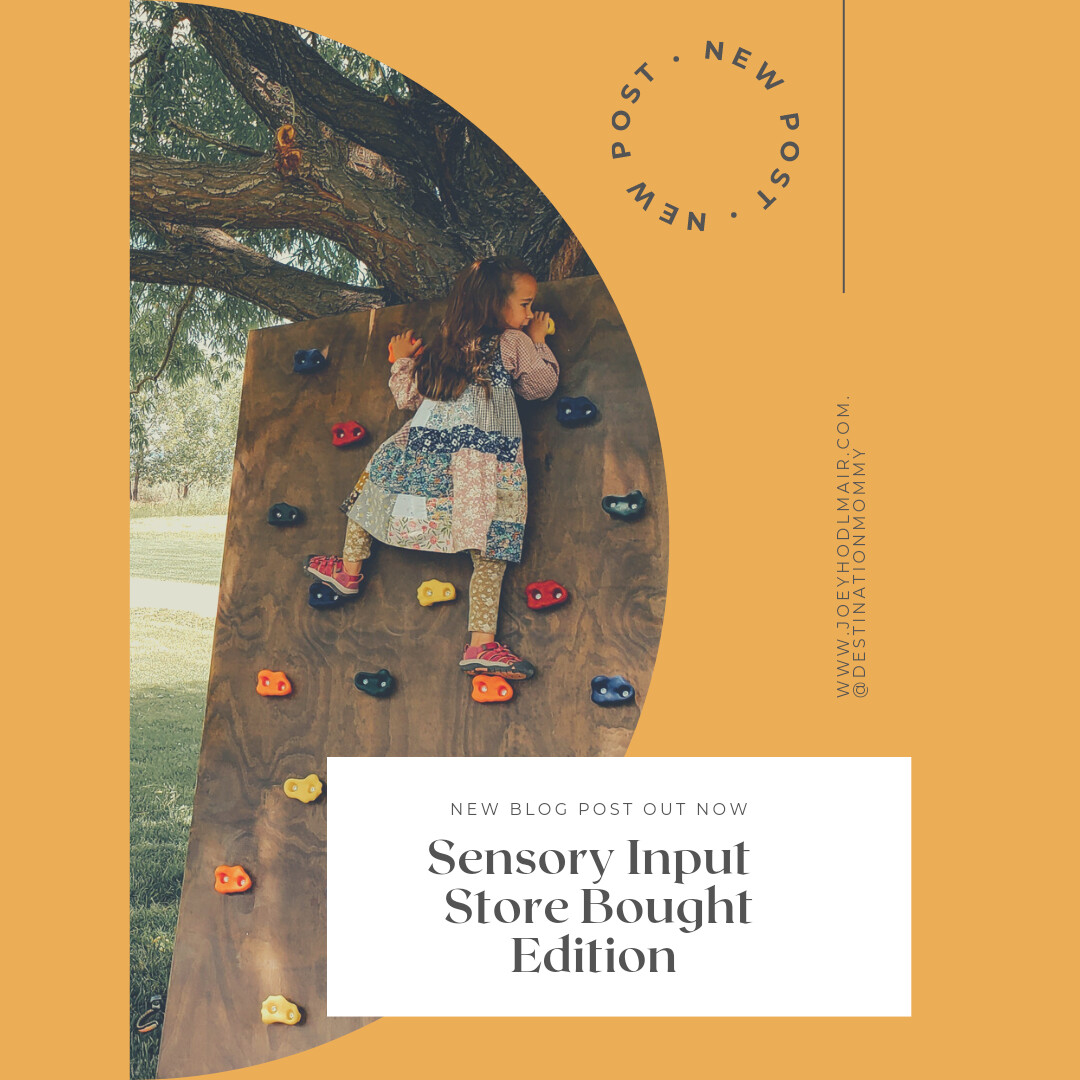

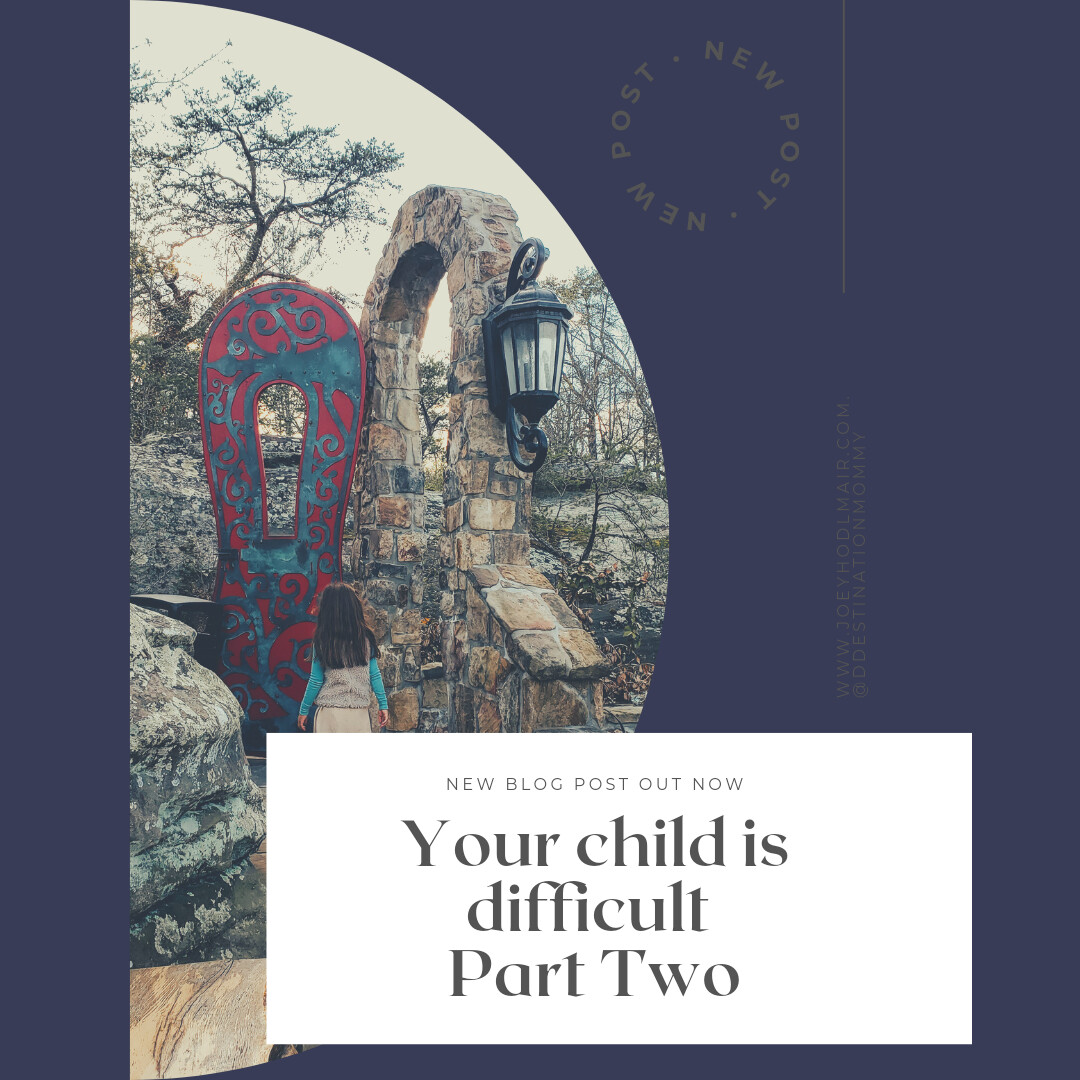
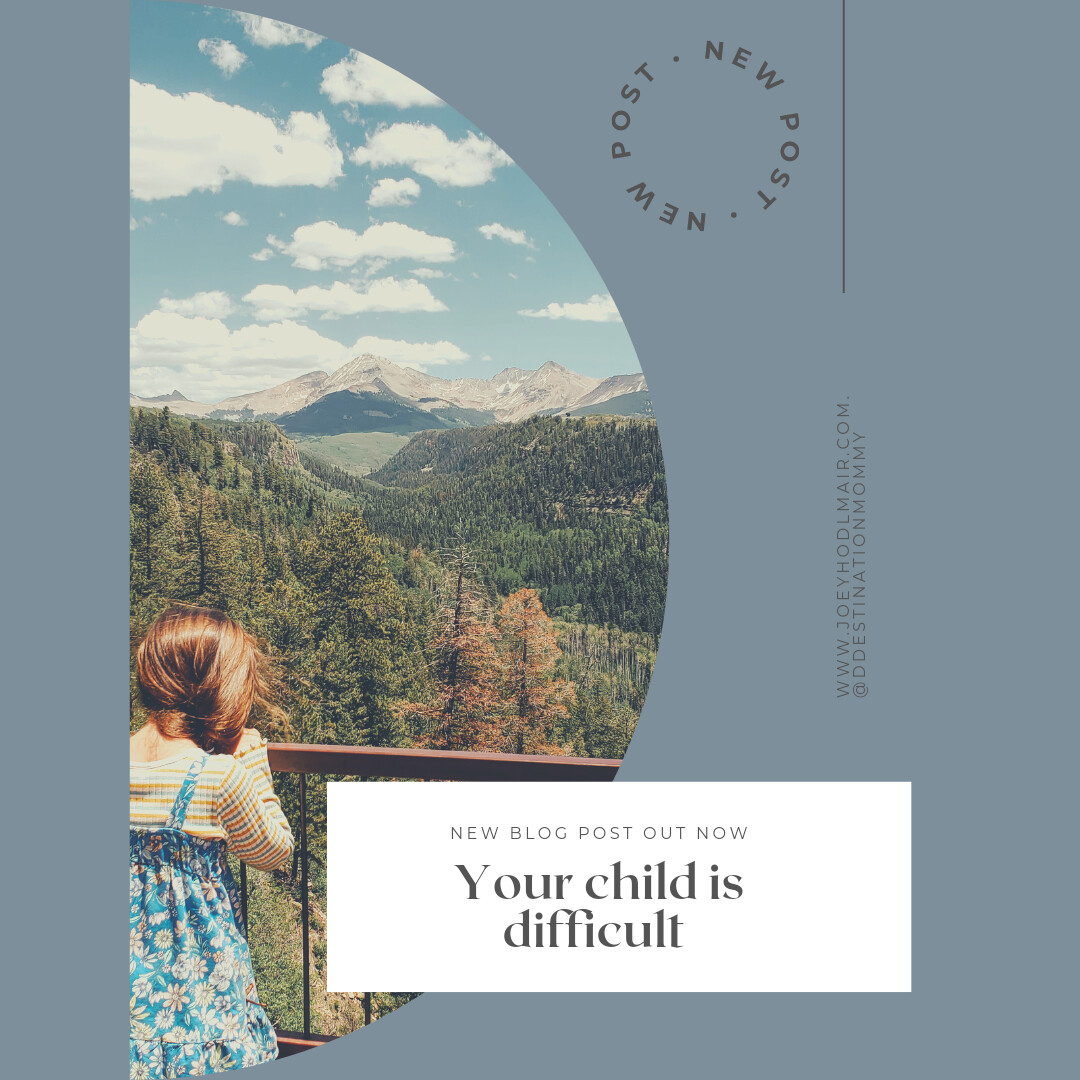

0 Comments